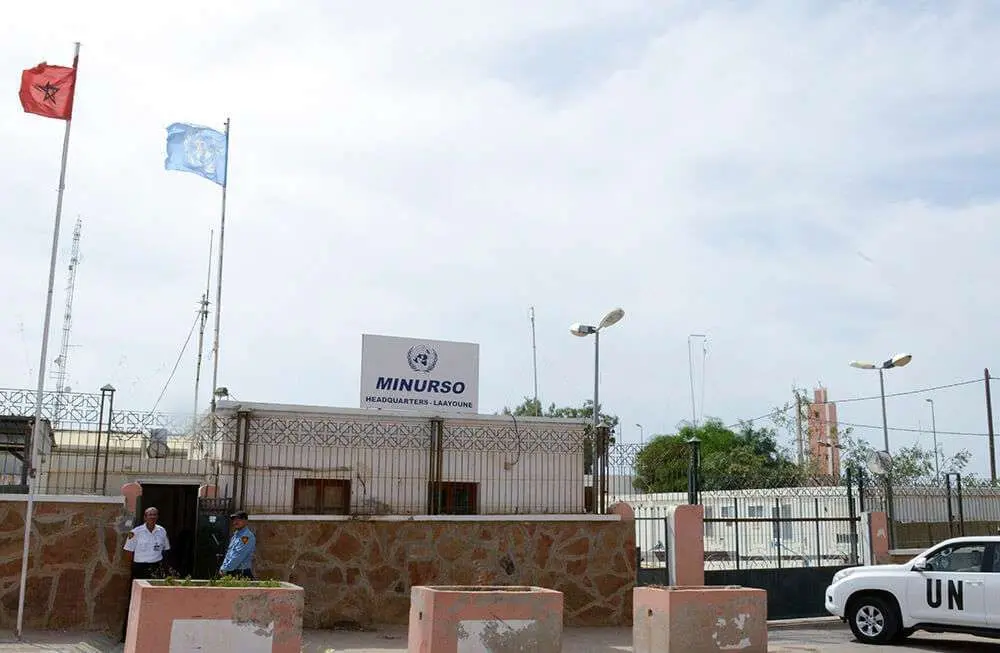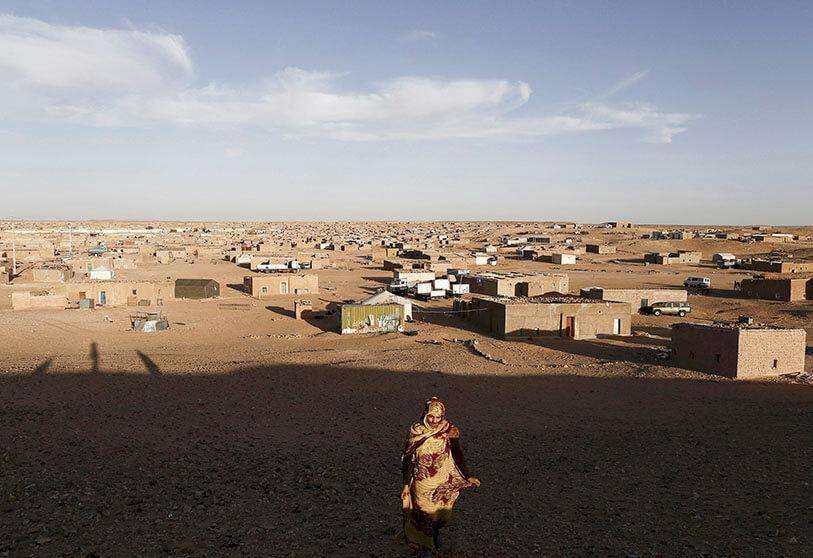Marruecos ofrece 20.000 vacunas contra la COVID-19 a Argelia

Morocco has offered to vaccinate 10,000 Saharawis detained in the Tindouf camps, an action which is part of the national vaccination campaign of the Kingdom of Morocco. The Algerian government has not yet issued a reply on this delivery of batches to be carried out by members of the United Nations Mission for the referendum in Western Sahara (MINURSO). This new approach by Morocco, following the donation of 800 tonnes of food, contrasts with Algeria's recent display of arms less than a fortnight ago in the south-west of the country. Algeria's show of force does not coincide with its best moment, after announcing a 40 per cent drop in hydrocarbon exports, representing a loss of close to $20 billion.
Rising tensions with Morocco prompted an arsenal demonstration carried out to "develop experience" and provide the military with "combat readiness". The exercises were overseen by General Saïd Chengriha, the army chief of staff, who continues to label Morocco as a classic enemy. After the exercises, the Polisario Front (Western Sahara liberation movement) stated through Sidi Wagal, Minister of Security and Documentation of the Saharawi Arab Democratic Republic (SADR), that they did not rule out an escalation of war and that Algerian and Mauritanian intervention was a real possibility.

On the other hand, the conflict has generated certain changes in positioning. Some, such as Malawi, traditionally on the side of the Polisario Front, have changed their support and recognised Western Sahara as part of Moroccan sovereignty. The instability has not disappeared and the most reactionary sectors see armed conflict drawing closer. However, Morocco is trying to avoid a military confrontation at all costs. Even more so when the crisis situation caused by COVID-19 is hitting North Africa hard, in some countries surpassing the impact of the first wave in the spring of 2020.
Solidarity between the two countries will be essential in the coming months, according to the Moroccan state, which is seeking to ease tensions and to reach out in a friendly manner to Algeria, which for its part has helped Tunisia by ceding part of its doses of the Pfizer vaccine. Tunisian Foreign Minister Othman Jerandi had already stated: "Algeria has not yet acquired the vaccines, but as soon as it receives them, it will share them with Tunisia". The aid from Abdelmadjid Tebboune's country is crucial for Tunisia, which has the second highest mortality rate on the African continent after South Africa. Its health system is on the verge of collapse after more than 100 deaths in 24 hours, the highest number since the pandemic arrived in Tunisia. The bad data, together with the instability that Tunisia is experiencing after changing its health minister twice, further complicate a crisis that continues to wreak havoc around the world.








